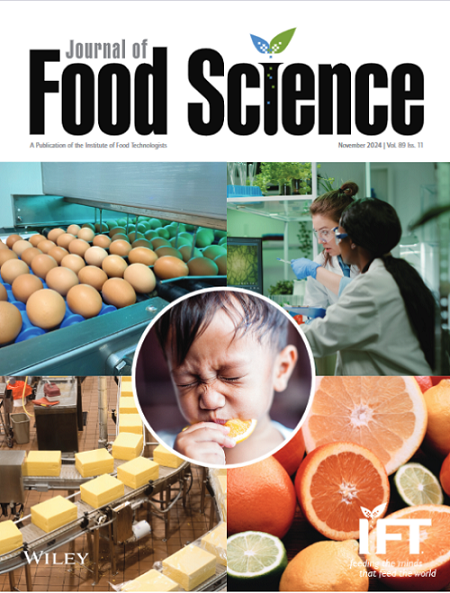Polybutylene adipate terephthalate (PBAT) offers a promising solution to reduce reliance on plastics that do not degrade. In this study, PBAT-EC-ATBC composite antimicrobial film (PEC) was prepared by incorporating clove essential oil (CEO) into a casting solution consisting of PBAT and ethyl cellulose (EC). The mechanical property tests revealed that as the content of CEO increased, the tensile strength of the film decreased from 10.10 MPa to 1.86 MPa, and the elongation at break of the film decreased from 886.07% to 540.06%. The optical transmittance tests demonstrate that the incorporation of CEO into films leads to an enhancement from 79% to 86% at 800 nm in optical transmittance. The results demonstrated that the PEC films exhibited excellent bacteriostatic properties, with inhibition zones of 7.47 mm and 9.48 mm against Escherichia coli (E. coli) and Staphylococcus aureus (S. aureus), respectively. The experimental results demonstrate that the weight loss of strawberries can be reduced to 20% as the CEO content increases and the application of a film can effectively extend the shelf life of strawberries. Furthermore, it was observed that the PEC films displayed favorable degradability characteristics, with the degradation rate of PEC-6 film reaching 51.71% on Day 19.
A biodegradable film with antimicrobial properties has been developed to effectively extend the shelf life of strawberries. The incorporation of clove essential oil into the film not only enhances its resistance against Escherichia coli and Staphylococcus aureus, but also exerts a pronounced impact on strawberry preservation. This novel antimicrobial composite film exhibits significant potential in the realm of food packaging materials.


